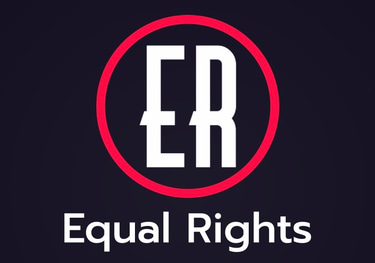Structural Inequities-
Delving Deeper…
Kylo B
6/7/2024
Structural Inequities-Delving Deeper…
Structural inequities stemming from systemic racism create pervasive disadvantages for Black, Indigenous, and People of Color (BIPOC) communities across various dimensions of life, perpetuating profound disparities and hindering opportunities for advancement and well-being.
Education
BIPOC students face significant disparities in education due to inequitable funding, resource allocation, and opportunities.
Public schools serving BIPOC communities often receive less funding than predominantly white schools, leading to overcrowded classrooms, outdated facilities, and limited access to educational resources.
BIPOC students are more likely to experience discriminatory disciplinary practices, such as harsher punishments for minor infractions, which contribute to unequal educational outcomes and hinder academic success.
Employment
Discriminatory hiring practices, wage gaps, and limited career advancement opportunities persist in the labor market, disproportionately affecting BIPOC individuals. BIPOC job applicants encounter barriers to employment due to racial biases in recruitment and hiring processes.
Wage disparities persist, with BIPOC workers earning lower wages on average compared to their white counterparts, even when controlling for education and experience.
Limited access to professional development and career advancement further impedes economic mobility for BIPOC individuals, perpetuating income inequality and wealth disparities.
Healthcare
BIPOC communities experience higher rates of health disparities, including limited access to quality healthcare services and disproportionate health outcomes.
Structural barriers such as lack of health insurance, geographic disparities in healthcare access, and cultural insensitivity in healthcare settings contribute to disparities in preventive care, treatment options, and health outcomes.
Additionally, systemic racism within the healthcare system manifests in implicit biases among healthcare providers, resulting in disparities in pain management, diagnosis, and treatment for BIPOC patients.
Criminal Justice
The criminal justice system disproportionately targets and penalizes BIPOC individuals through racial profiling, harsh sentencing practices, and disparities in policing. BIPOC individuals are more likely to be subjected to police surveillance, stops, and searches based on racial stereotypes, leading to higher rates of arrests and incarceration.
Once involved in the criminal justice system, BIPOC individuals face systemic biases in sentencing, with Black and Indigenous individuals receiving longer prison sentences than white counterparts for similar offenses.
Racial disparities in policing contribute to mistrust of law enforcement within BIPOC communities, exacerbating social tensions and undermining public safety.
Structural inequities resulting from systemic racism perpetuate multidimensional disparities in education, employment, healthcare, and criminal justice, highlighting the urgent need for comprehensive reforms to dismantle discriminatory systems, promote equity, and advance racial justice for BIPOC communities.
Addressing these systemic challenges requires collective action, policy reforms, and investments in anti-racist initiatives to create a more equitable and inclusive society for all.
